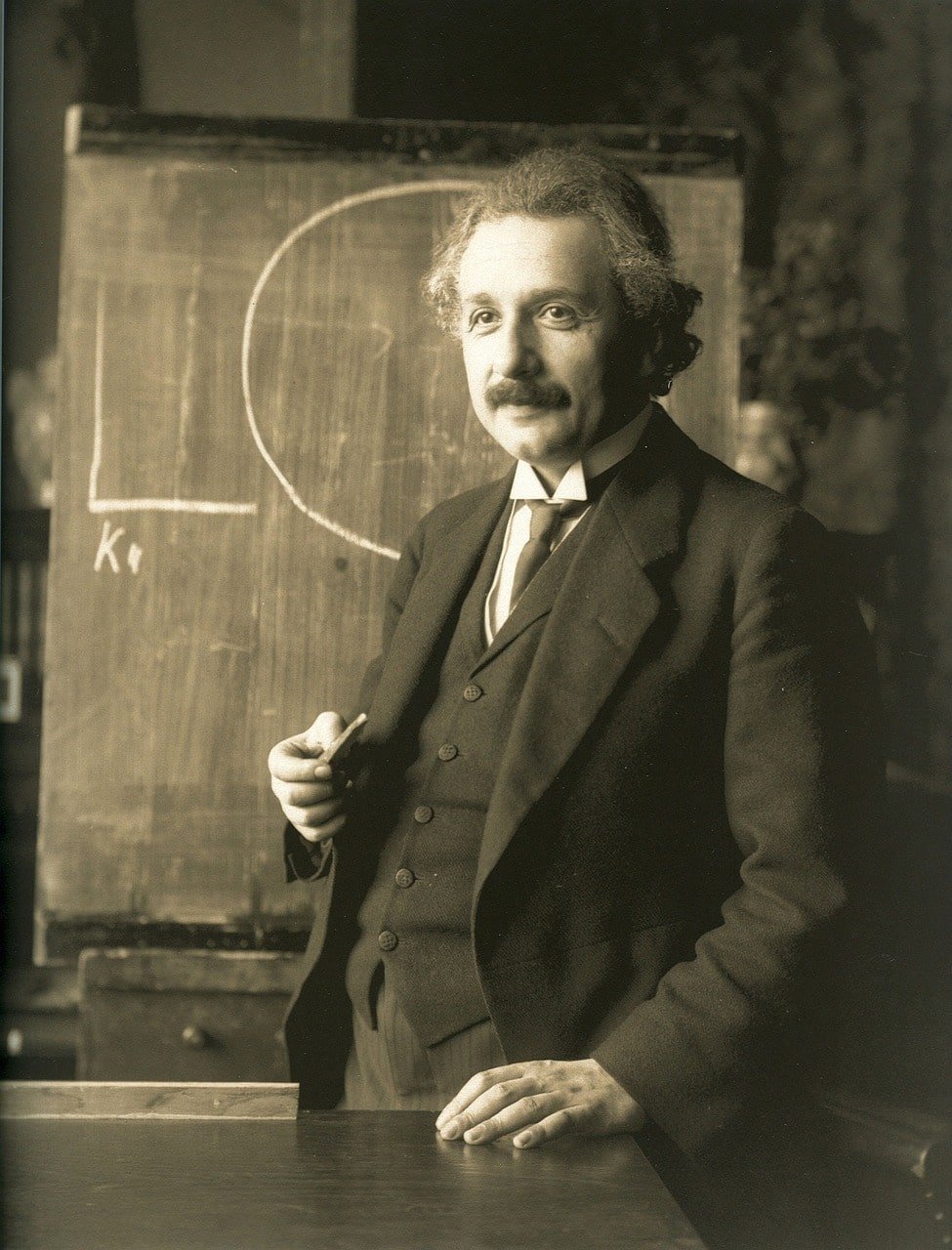It is often thought that the worlds of faith and science are incompatible. On the one hand, there are religious beliefs and dogmas; on the other, the scientific method and its rules of interpretation and description of reality.
The conditions of reproducibility and observation of physical laws, for example, have encouraged several philosophers and scientists over the last few centuries to consider scientific research the only path humans should reasonably take to get to know themselves and the world around them. Thus excluding everything else, defining it as popular belief, idealization, or “opium of the people.”
Yet some of history’s greatest scientists believed in God, deeply convinced that the universe “could only be the work of God.” Aware that the incompatibility between physical laws and faith is only temporary. Science, man, still needs to discover, understand and describe everything.
Their testimony makes us reflect on how science and religion could and perhaps should advance together. Find out who they are: visit the Gallery!
Isaac Newton (1642-1727)
Sir Newton was an English mathematician, physicist, astronomer, natural philosopher, theologian, historian, and alchemist. Sir Newton was an English mathematician, physicist, astronomer, natural philosopher, theologian, historian, and alchemist. Many of the laws he discovered and described are the basis of many modern disciplines; think of the gravitational theory... and the famous story of the apple that fell on his head! However, little credit is reserved for his intense faith, which accompanied him throughout his life and work. Newton believed that numbers were the ultimate way to describe God. In the harmony of physical and mathematical laws, he recognized the hand of God.
Source: © Godfrey Kneller, Public domain / Wikimedia CommonsGalileo Galilei (1564-1642)
Galileo was an important Italian physicist, astronomer, philosopher, and mathematician. He is considered the father of modern science. We owe him the scientific method's explicit introduction and contribution to the astronomical revolution. In 1633 he was "forced" by the Church to renounce his (correct) theory on the solar system. Yet he never denied his Faith nor the infallibility of the Bible.
Source: © Justus Sustermans, Public domain / Wikimedia CommonsRobert Boyle (1791-1867)
Robert Boyle was an Irish chemist, physicist, inventor, and natural philosopher. He is famous for having anticipated chemical studies and for the famous "Boyle's Law," which describes the behavior of gases. Deeply a believer, he considered scientific research as his precise spiritual duty. He also helped finance the translation of the New Testament into Irish and Turkish.
Source: © Johann Kerseboom, Public domain / Wikimedia CommonsJohannes Kepler (1571-1630)
Among other things, Kepler was a German astronomer, astrologer, mathematician, natural philosopher, and Lutheran theologian. We owe him the correct interpretation of the sun as the center of our system. He never hid his faith in God. Indeed, he believed that celestial bodies and space symbolized the Trinity.
Source: © August Köhler / Public domain / Wikimedia CommonsFrancis Bacon (1561-1627)
Francis Bacon was an English philosopher, politician, jurist, and essayist. To him, we owe the conception of the scientific method based on observation and experimentation. But his vision included religion. He was convinced that any philosophy if undertaken in depth, leads to the search for God. Not only that, Bacon believed that when natural phenomena are interpreted as interconnected and unified, this will inevitably lead to God.
Source: © National Portrait Gallery / Public domain / Wikimedia CommonsNicholas Copernicus (1473-1543)
Nicholas Copernicus was a Polish astronomer, mathematician, and religious. We owe him the demonstration of the heliocentric system, as opposed to the geocentric system supported by the Vatican (the Earth at the center of the Universe). In his treatises, he often mentioned God, and in 1497, he was made a Canon of the Roman Catholic Church.
Source: © J. Falck, Public domain / Wikimedia CommonsRené Descartes (1596-1650)
This French scientist was a significant mathematician and philosopher. He is considered among the fathers of modern mathematics and philosophy. His phrase "Cogito, ergo sum" (I think, therefore I am) is the basis of Western rationalism. Descartes was also a fervent Catholic throughout his life. He expended great energy in trying to demonstrate how the reality of God was irrefutable and how a man could trust neither his senses nor his rationality.
Source: © After Frans Hals, Public domain / Wikimedia CommonsMax Planck (1858-1947)
He was a German physicist, fundamental initiator of quantum physics, and Nobel Prize for Physics. Planck declared that God is omnipresent and omnipotent, in matter, in everything. He has always fought against dogmatism, superstition, and unbelief.
Source: © Transocean Berlin / via Wikimedia CommonsBlaise Pascal (1623-1662)
Pascal was a French mathematician, physicist, philosopher, and theologian. Child prodigy worked on revolutionary geometric theories and the famous probability calculus. Following a vision, he deeply embraced Christianity and dedicated himself to composing theological works.
Source: © Palace of Versailles, CC BY 3.0 / Wikimedia CommonsAlbert Einstein (1879-1955)
He is perhaps the most famous scientist in history; he revolutionized the conception of life itself, of time and space with his Theory of Relativity. He dedicated most of his life to the search for a unifying and absolute law capable of unifying all sciences, convinced that the universe could only be the work of God. One day he said: "Science without religion is lame; religion without science is blind."
Source: © Pixabay / Welcome to All ! ツWhat's Your Reaction?
Passionate about spirituality, books and cinema, these last 10 years he's been dedicating himself to spreading positive and nourishing contents for the body, mind and spirit. As a good Italian he knows what is good to eat and how to truly live a "dolce vita"!

















